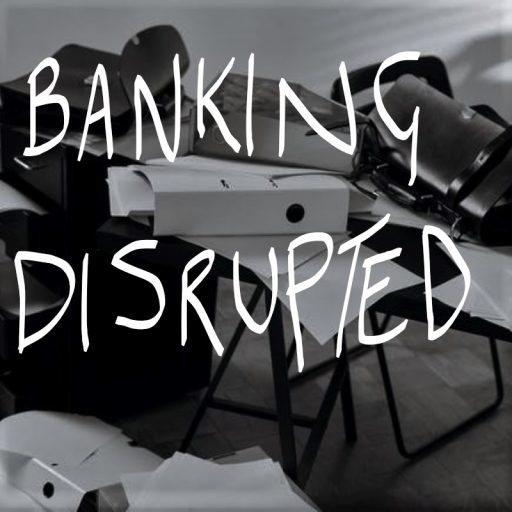Historically, Investment Banking/Capital Markets divisions have suffered from underinvestment across their technology estate, making these businesses less agile and innovative in comparison to their Retail Banking counterparts. This trend is further amplified if these capital markets teams sit within a full-service bank, where all units internally compete for the same investment budget. However, the pandemic has shown that the Investment banking organisation needs to play a vital role in driving the bank agenda, as low-interest rates dampen growth in retail and consumer banking sectors. According to Bloomberg, this global trend is here to stay until at least 2023, with most countries aiming to keep rates low. Even though Investment Banks took a hit in growth at the beginning of 2020, this position is slowly being recovered as focus shifts from advisory to liquidity assessments. So what are the trends that will help these investment arms grow, become agile and innovative?
- Smart Relationship Data is now a core element of evolving any Investment Banking strategy as relationship capital is critical in driving growth. Tracking investor preferences, service queries, and investment strategies are fundamental to making relationship managers and brokers more effective. Historically CRM technology has not been used well in this space, but in light of the changing profile of investors, and the desire for yield-as-a-service, it goes firmly back on the agenda. The task for managing relationships, portfolios and acquisitions becomes even more daunting as we move from not just “Who’s who, but who’s where”, and having a data-centric, as well as a 360-degree client view, is essential to supporting clients proactively, through leveraging first-party data
- ESG centric investment offerings are becoming more mainstream as Investment Banking brands try and stay relevant to a broad spectrum potential customers. This trend has moved across the spectrum from vanity tick-box to must-have offering for any serious market player looking to compete effectively against monoline start-ups. According to Acuity, the expectation is that ESG growth will accelerate rapidly considering the pandemic and beyond. “[US] social bond issuances increased 8.0x in the 11 months to November 2020 over the same period in 2019…Europe has been leading the global social bond issuance, accounting for c.45% of the total issuance volume in the 11 months to November 2020. All these would lead to a green evolutionin the coming years.”
- Digital Marketing, Engagement, AI & Predictive Analytics are other closely coupled trends observed more frequently when examining the industry dialogue on capital markets transformation. Investment Banks are now thinking more broadly about future-proofing client relationships and developing new routes to market through re-thinking the digital marketing agenda. This is not so much marketing in the sense of the latest offers and BOGOF deals, but more to drive client engagement through online and remote events. Using predictive analytics, second and third-party data is another feature of how deal-making can be transformed. Creating these types of “information & insight lakes” can help consolidate information quickly, spot trends across deal structures, and drive efficiency when signing off commercial reviews internally. AI technology can help to automate several tasks in these processes, from scheduling meetings to automating document production and applying rules in managing client communications more effectively
These are the three core areas that can help drive innovation in this untapped area of banking. These elements require serious consideration as the market grapples with revenue generation against the backdrop of an emerging volatile climate with increased delinquency and insolvencies forecast.




